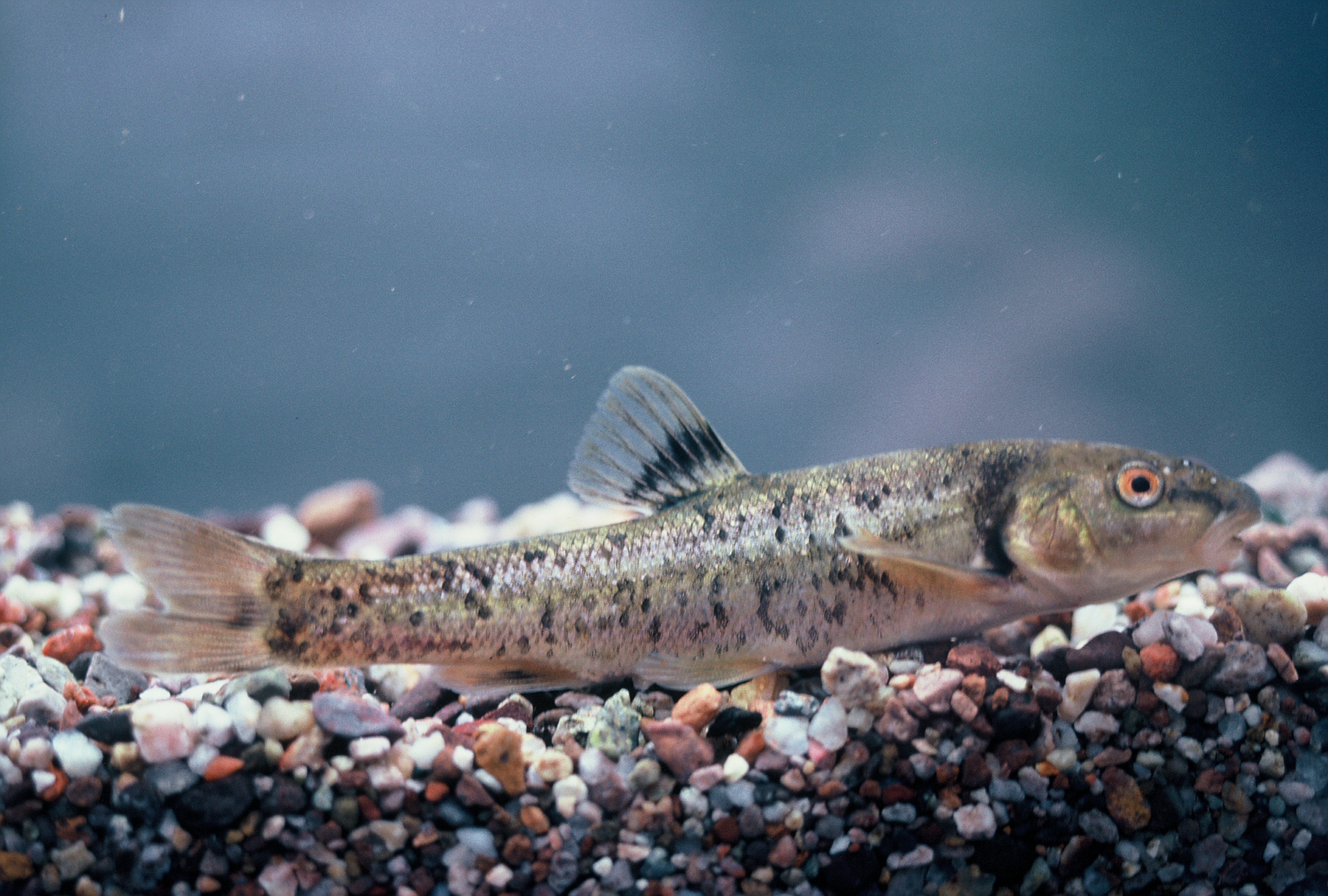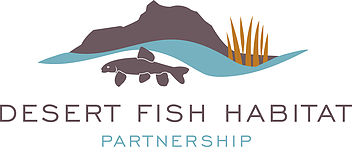Board recognized March, 2009
Desert fish have declined across these arid lands as a result of habitat loss and alteration and the widespread introduction and establishment of nonnative aquatic species. Despite numerous federal and state laws, regulations, and policies to protect and recover native desert fishes and their habitats, most of them remain imperiled.Current habitat conditions and threats require specific management actions and focused consideration of desert fishes if these species and their habitats are to be protected and remain viable into the future.
The Desert Fish Habitat Partnership will benefit native desert fishes by bringing agencies, organizations, and the public together to work towards the recovery and conservation of these imperiled species and their habitats.
By partnering across geo-political boundaries, the Partnership will pursue more effective management strategies than are generally achieved on a local, smaller scale.By identifying priority species and habitats, integrating and applying the best available science and promoting community involvement, the Partnership will help ensure that conservation actions and funds are expended efficiently in those locations, and on those actions, most likely to yield the greatest results in arresting the decline of desert fishes.
The Desert Fish Habitat Partnership’s purpose is to conserve aquatic habitat in the arid west for desert fishes for the American people by protecting, restoring and enhancing these unique habitats in cooperation with and in support of, state fish and wildlife agencies, federal agencies, tribes, conservation organizations, local partners, and other stakeholders.
The Desert Fish Habitat Partnership seeks to address fish and habitat issues over a broad geographic area that encompasses the entirety of the Great Basin and Mohave deserts, and those portions of the Sonoran and Chihuahuan deserts that lie within the United States. The benefits of aquatic habitat conservation extend beyond desert fishes to include humans and other animal and plant species. Riparian habitats that depend on surface water not only support a significant number of terrestrial and avian species identified as priority conservation species in SWAPs, but also function to store water that supplements groundwater recharge. The declining status of so many desert fishes highlights the importance of preserving these aquatic habitats so that water is available not only for the native fish, but also for future generations of humans. The Partnership can play an important role in conserving water in the West for future generations. The Desert Fish Habitat Partnership was recognized by the Board in March 2009.
Contact
Jennifer Graves
Partnership Coordinator
jennifer_m_graves@fws.gov



